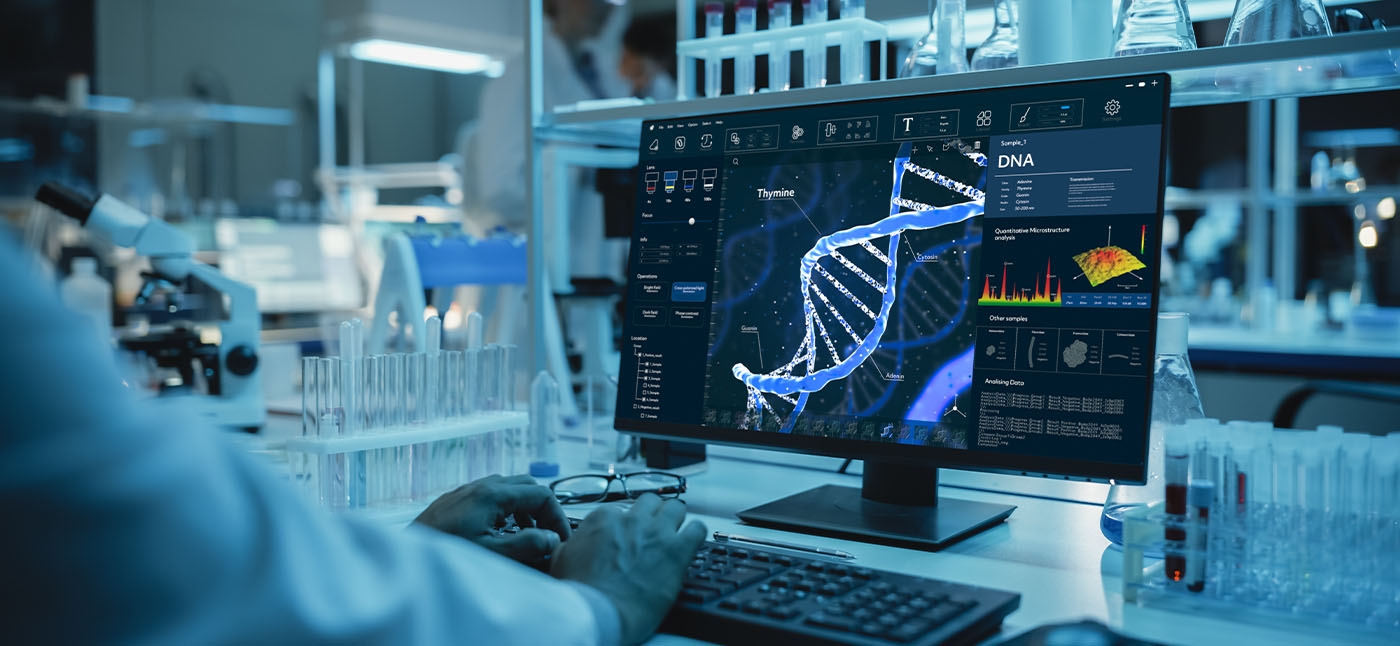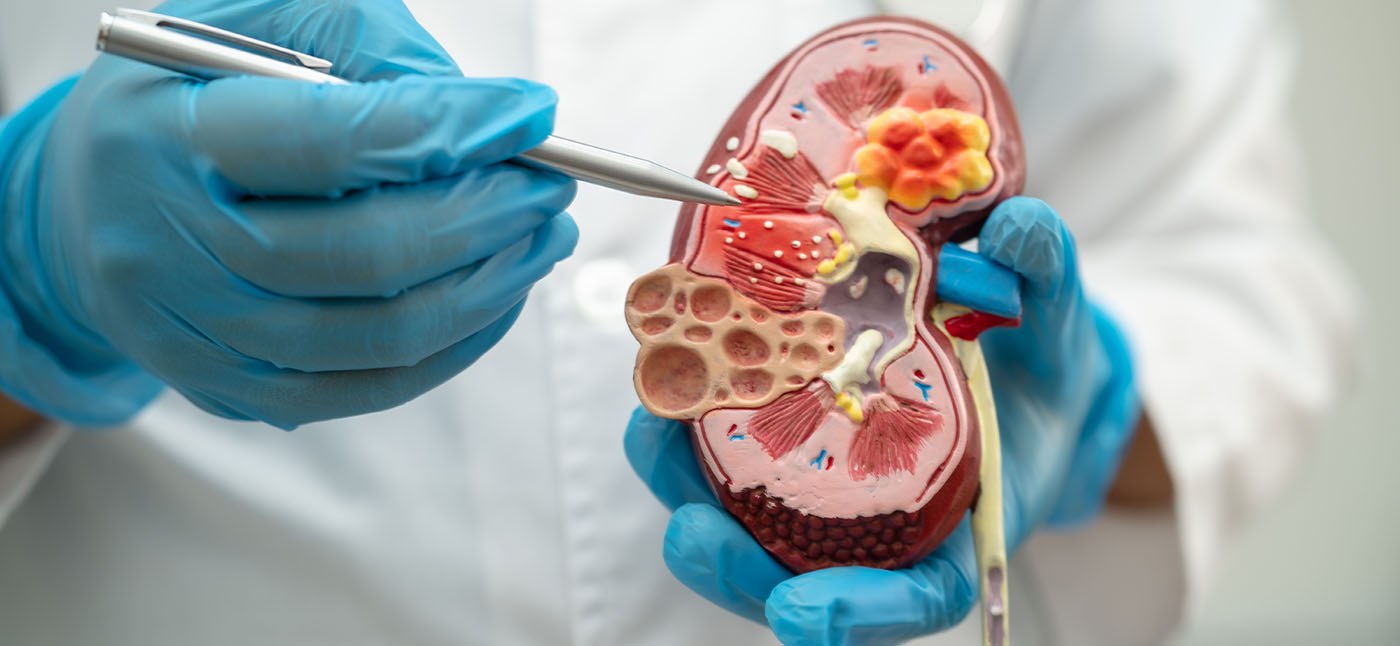Coffee and Genetic Factors: An Intricate Duo Impacting Kidney Health
Nov 17, 2023
TECHNOLOGY,INSIGHTSAmid the rising prevalence of kidney diseases, scientists theorized that an uptick in caffeine intake might have adverse repercussions on kidney structure and performance.

In a recent Nutrients journal article, researchers delved into the intricate relationship between coffee consumption, genetic predisposition for caffeine metabolism, and their impact on kidney function. The global popularity of caffeine-containing beverages like coffee and tea, as well as their presence in energy drinks, carbonated beverages, and pain relievers, sets the stage for this complex investigation.
Amid the rising prevalence of kidney diseases, scientists theorized that an uptick in caffeine intake might have adverse repercussions on kidney structure and performance. Nevertheless, the precise effects of caffeine consumption on kidney function have remained elusive.
Experiments conducted on animal models have suggested that caffeine intake elevates renal vascular resistance and proteinuria, potentially leading to kidney failure. Similarly, studies involving human subjects have hinted at caffeine's role in the enlargement of kidney cysts in individuals with polycystic kidney disease (PKD) compared to non-caffeine consumers. However, data from observational studies have yielded mixed results, partly due to design and assessment method variations.

In their latest Mendelian Randomization (MR) study, researchers obtained genetic association statistics related to plasma caffeine levels and caffeine intake from genome-wide association studies (GWAS) encompassing 9,876 and over 47,000 individuals of European descent, respectively. Prior GWAS endeavors among people of European descent had previously identified the cytochrome P450 1A2 (CYP1A2) and aryl hydrocarbon receptor (AHR) genes as linked to caffeine metabolism. CYP1A2 plays a pivotal role in metabolizing over 95% of caffeine in humans, while AHR regulates its expression.
In this study, researchers opted for a two-sample MR approach to analyze single nucleotide polymorphisms (SNPs) within a 100-kilobase span of the CYP1A2 and AHR gene regions, pinpointing the strongest signals at each locus (specifically, rs242297 and rs4410790). They scrutinized these genetic effects on kidney functions, encompassing metrics like estimated glomerular filtration rate (eGFR), blood urea nitrogen (BUN), urinary sodium, albumin-creatinine ratio (UACR), and the risk of chronic kidney disease (CKD).
Ultimately, the research team pooled estimates for both genetic instruments using the random effects inverse-variance weighted method, generating Wald ratios with MR standard errors. This MR approach proved instrumental in overcoming the limitations inherent in observational methods, such as bias due to environmental factors and reverse causation, as well as the selection of genes encoding enzymes with well-established roles in caffeine metabolism. The genetic instruments played a pivotal role in mitigating pleiotropic effects within the MR design.

In line with experimental findings, genetically predicted elevated plasma caffeine levels exhibited an adverse impact on eGFR, calculated using either creatinine or cystatin C. Conversely, a heightened genetic predisposition to caffeine intake appeared to have a protective effect on kidney function. It elevated eGFR and lowered the risk of CKD. The authors suggested that this observed discrepancy could be attributed to rapid caffeine metabolizers needing higher caffeine intake to achieve the same psychostimulant effect as slow metabolizers.
Moreover, genetically predicted elevated plasma caffeine levels exhibited unfavorable associations with two biological markers of CKD progression, namely urinary sodium and BUN, though not UACR. Remarkably, no evidence emerged of any harmful impact of genetically predicted plasma caffeine levels on albuminuria.
In a separate study, the CKDGen Consortium GWAS identified 25 SNPs, including those considered in this research, and revealed that an additional cup of coffee per day seemed to confer a protective effect against CKD. This discovery underscores the importance of considering these findings in future research efforts.
To summarize, the current MR study sheds light on the contrasting effects of coffee consumption and genetic predisposition for caffeine metabolism on kidney function. While the former appears to offer protection, the latter poses a potential detriment. However, it remains unclear whether these observed effects are driven by heightened caffeine levels in plasma or the safeguarding provided by increased consumption of caffeinated beverages, a question warranting further exploration in future studies.
top 5 doctors & clinics in Kidney Removal:
 0.0Turkey, Ankara
0.0Turkey, AnkaraUrology
The renowned Prof. Dr. Remzi Sağlam Urology Group stands as a pinnacle of excellence in Turkey's urological landscape, comprising an assembly of top-tier urologists and uroradiologists committed to redefining standards in patient care and driving groundbreaking advancements in urological medicine.Under the esteemed leadership of Prof. Dr. Remzi Sağlam, the group embodies a commitment to delivering a comprehensive spectrum of specialized services, catering to diverse urological conditions with unparalleled precision and expertise. Their collaborative efforts and collective expertise serve as a beacon of innovation and excellence in the field, ensuring patients receive cutting-edge treatments tailored to their individual needs.Distinguished for their unwavering dedication to patient-centric care, the Prof. Dr. Remzi Sağlam Urology Group stands at the forefront of the country's urological care landscape.
# 1
 5.0Turkey, İstanbul
5.0Turkey, İstanbulUrology
Prof. Dr. Tahir Karadeniz has received training in cancer surgery, reconstructive surgery, female urology (urinary incontinence, painful bladder, chronic cystitis), and penile prosthesis surgery in Germany, Switzerland, and the United States. He served as the clinical director of Okmeydanı Education and Research Hospital for 14 years. During this time, Tahir Karadeniz trained 12 urologists and has been continuing his service at Istanbul Ulus Liv Hospital since 2017 with his 34 years of experience.
# 3
 5.0Turkey, İstanbul
5.0Turkey, İstanbulUrology
Dr. Cüneyd Sevinç, a graduate of Hacettepe University English Faculty of Medicine in 1997, is a distinguished urologist specializing in endourological surgeries, prostate biopsy, and the treatment of male infertility and sexually transmitted diseases. He is proficient in advanced laparoscopic and robotic surgeries, as well as pediatric and female urology. Dr. Sevinç also offers expert services in vasectomy and vasectomy reversal. With extensive experience and a commitment to patient care, Dr. Sevinç provides comprehensive and innovative urological treatments, ensuring the highest standards of medical excellence and personalized care. Patients trust Dr. Sevinç for his expertise and dedication to improving urological health and outcomes.
# 4
Get a Free Quote
Let Us Help You Find the Best Doctors for Your Needs
Fill out the form, and an assistant will contact you shortly to discuss your needs and guide you to top specialists.

Table of Contents
read this next:
Oct 13, 2023
TECHNOLOGY,HEALTHHow Technology is Enhancing Brazilian Butt Lift Outcomes
The Brazilian butt lift (BBL) is one of the most popular cosmetic procedures in the world. It involves transferring fat from other areas of the body to the buttocks, creating a fuller, more curvaceous shape
Looking for the Right Treatment?
Let us find the best doctors & clinics you need. Get your free quote today!
Get a Free Quote


